
By Hafsa Obeng, GNA
Accra, Nov. 12, GNA – The Ghana Employer Association (GEA) in collaboration with the Netherlands Embassy on Tuesday organized the first Female Future Programme (FFP), in Accra.
The FFP is a flagship programme that seeks to bridge the gender gap among women in top management and boardroom positions in the country.
Madam Victoria Hajar, Treasurer GEA, said women form the majority of Ghana’s population but they were under represented in management, leadership and boardroom positions.
She said a study conducted at the International Finance Corporation and the Swiss secretariat for economic affairs in 2016 to ascertain the gender dynamics and challenges confronting the elimination of women from the boardroom in public and private institutions in Ghana found that the portion of women to total board members was less that 26 percent.
“Additionally only 26 percent of organizations have females as board chairpersons and 49 percent of women who rise to board level decisions were made to occupy non-executive positions.
Madam Hajar said there is the need to intensify the participation of women in boardroom decisions by augmenting the capacity of talented women in organizations to compete favorable with their male counterparts.
She said the programme consists of three modules: leadership development, rhetoric and boardroom competence.
“Available information indicates that women who went through all the sections of the programme in Africa and Europe have built excellent oratory and negotiation skills, boardroom competence, discovered their inner potentials and obtained additional knowledge to lead any organization.”
She urged participants to open their minds, learn and maximize the understanding in all the three areas of the programme to acquire and apply these skills for elevation to the apex of the corporate ladder.
Employers that introduce their female staff through this programme have benefitted significantly on increased productivity, profits, wok place happiness, improved corporate image and reduced turnover as well as risk over return ratios, she said.
Madam Hajar expressed the hope that employers would make good use of this opportunity to train majority of their female talents to diversify their workforce and improve productivity, while entreating all participants to actively participate in all sections of the programme to build significant competences to achieve the goals of the programme and improve performance in their respective organizations.
Mrs Rose Kankam Annan, another official, said leaders become leaders through training and as such this training has come at an opportune time and participant must take keen interest in it to acquire leadership skills that they were not born with.
She said a good leader must have a personal vision and must know how to share and inspire others to also go with that vision as well as be confident to take new challenges.
“A leader must have social ability and be someone who understands the corporate world, and need to know how to make choices.”
“Women leaders like to isolate themselves. But try as much as possible to create an environment for people to have easy access to you, bearing in mind that all leaders have their strengths and weaknesses and you need to appreciate your weakness.
Dr Adu Anane Antwi, Managing Consul Finlaw Consult, said skills was what was needed to steer the affairs of any institution and encouraged participants to learn hard and participate fully in the event.
“The boardroom as well as top management challenges are there. It was not easy to go through some of them and it is not something that you cannot do, you can do it, but you need to get the skills to be able to do it.”
He said once they had the opportunity, they should grab it, utilize it well, participate fully in the deliberations and learn from others.
He said, “Skills and knowledge is something that if acquired no one can take away from you, so utilize the time so that you can prepare yourselves for heights in business and any organization in society that may need your skills and experience to run.”
Mr Alex Frimpong, Chief Executive Officer GEA, said many women have complained about the fact that some organizations are not giving them that opportunity to lead, but after going through this programme and applying what would be discussed, things would change.
Facilitators for the FFP include Madam Esther Cobbah, CEO, Stratcom Africa, Madam Abigail Opoku Mensah, Researcher and International Publisher, Madam Vicky Wireko-Andoh, Member of the Editors Forum, Ghana, Madam Marian Rosemond Barnor, Faculty Member, Stanford University Institute for Innovation in Developing Economies, and Dr Adu Anane Antwi.
GNA
Read Full Story
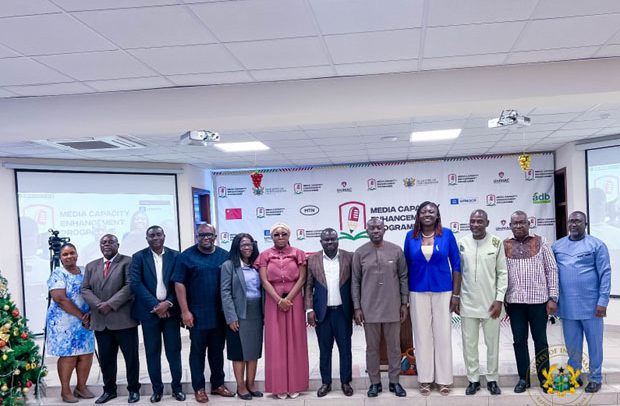

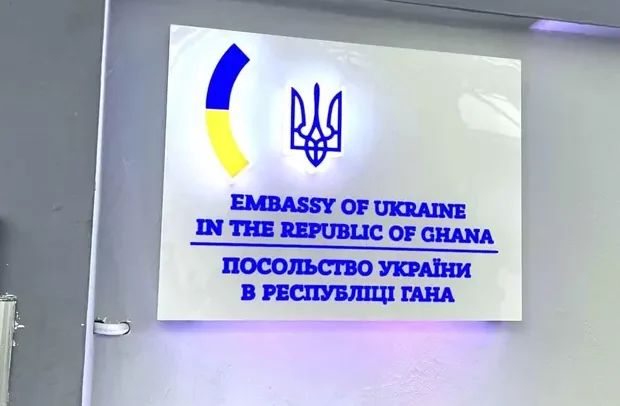
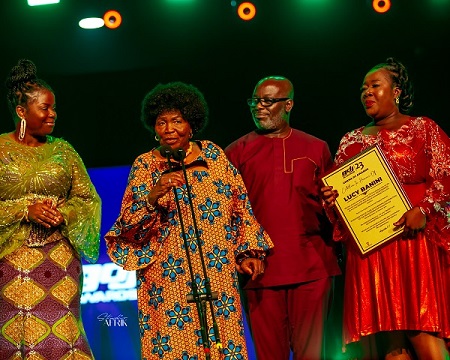
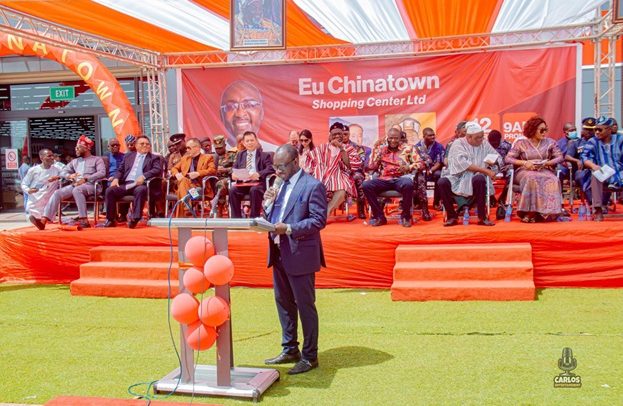
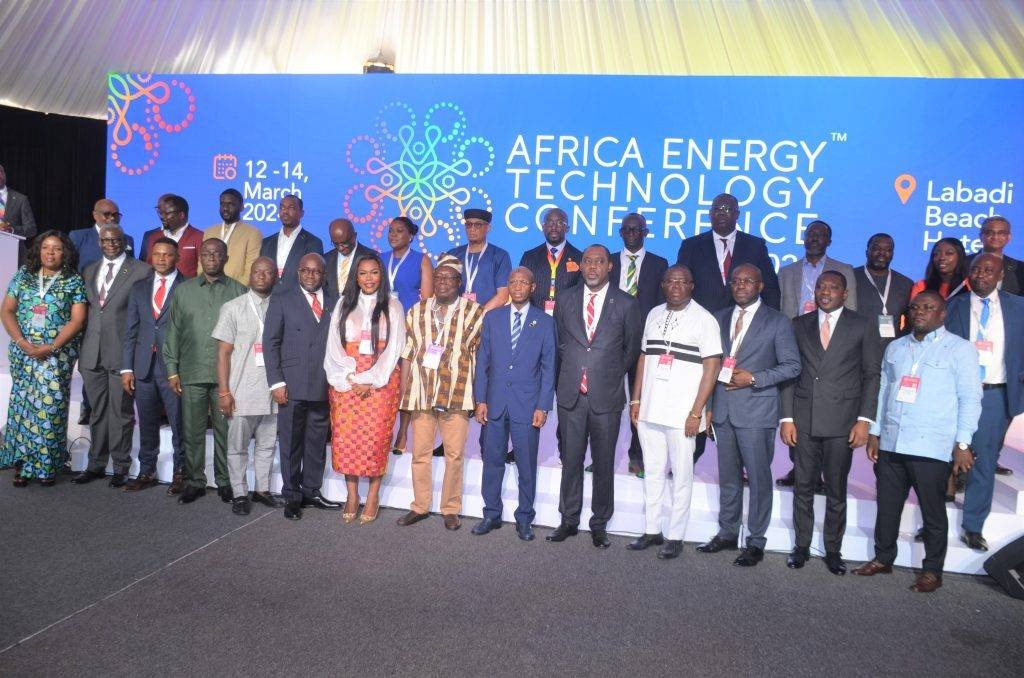
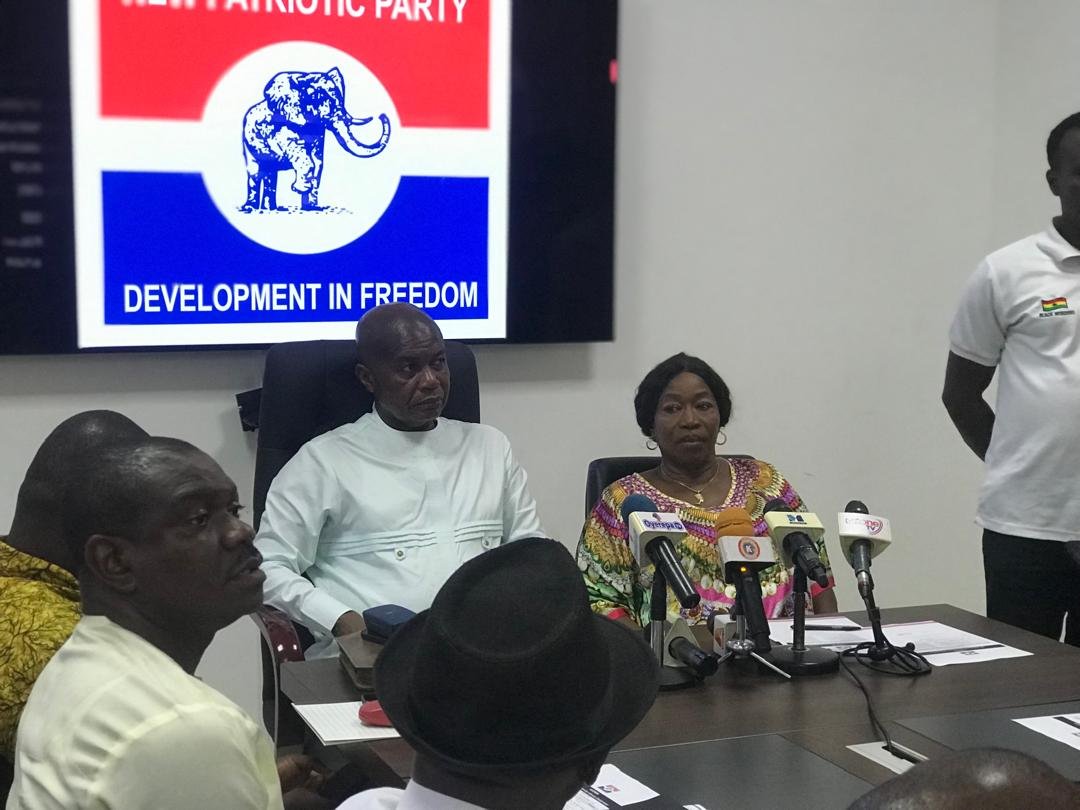
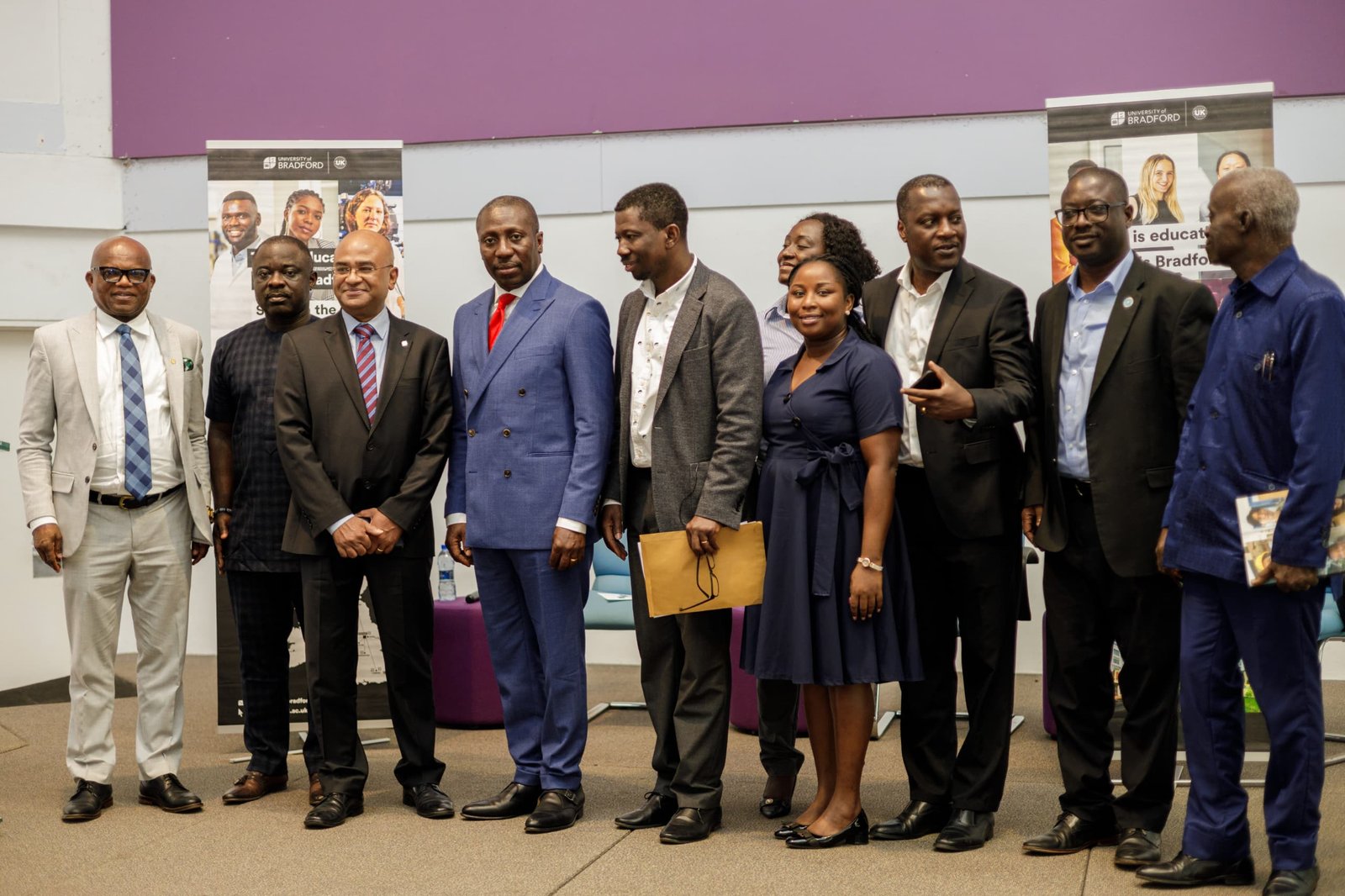

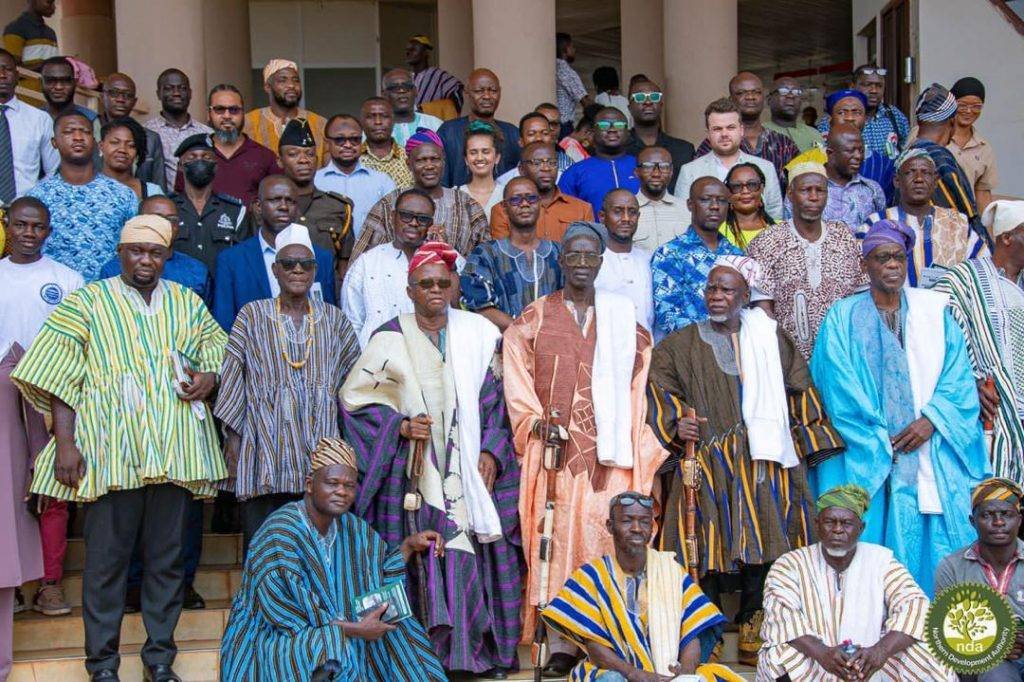


















Facebook
Twitter
Pinterest
Instagram
Google+
YouTube
LinkedIn
RSS